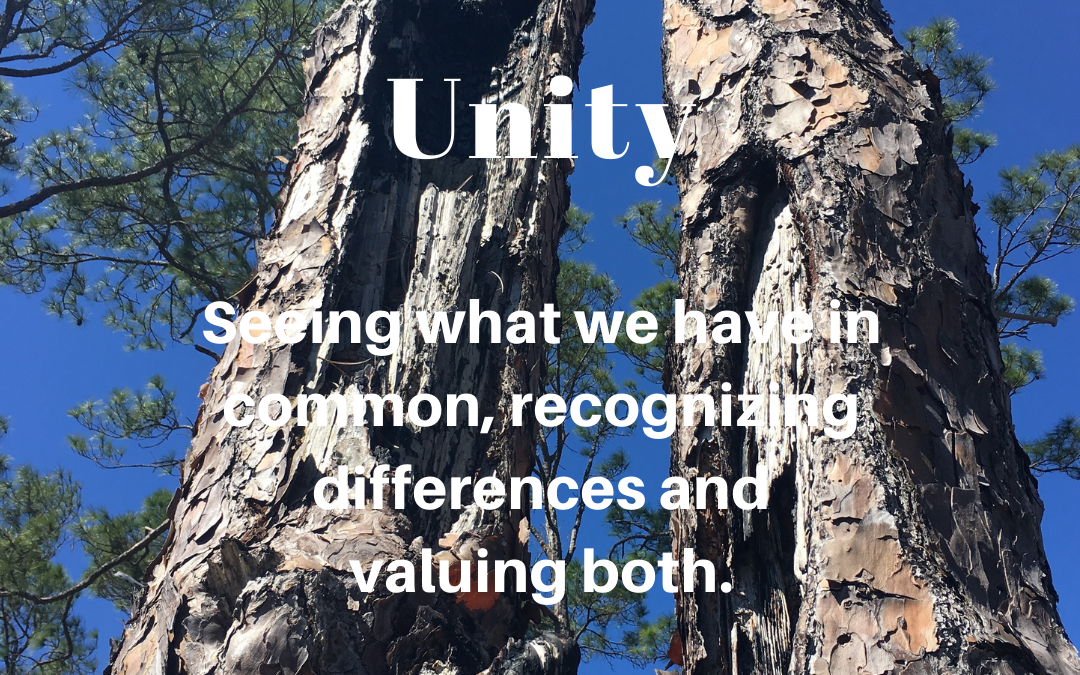
Wisdom
Description

Wisdom is the virtue that guides our decisions with discernment and insight. It calls us to step back, observe, and understand before acting, helping us to choose thoughtfully and intentionally. Wisdom anchors us in clarity, encouraging us to see beyond the immediate and assess what truly matters. It involves more than just knowledge; it is the art of applying that knowledge with compassion and understanding, considering the well-being of ourselves and others.
With wisdom, we practice patience, recognizing that meaningful decisions are rarely impulsive. We learn to pause, seek knowledge, and open ourselves to insight, reflecting on both experience and inspiration. Through this reflection, wisdom deepens our understanding, nurturing a maturity that resists fleeting desires or shortcuts. This virtue empowers us to make sustainable choices that align with our values and higher purpose.
Wisdom provides a foundation of grace in every walk of life, helping us act with integrity and confidence. It transforms challenges into opportunities for growth, guiding us toward a life of balance and meaning. Wisdom reminds us that true understanding comes from within, rooting us in a sense of purpose and peace.
Affirmations for Wisdom
1. I trust my inner guidance and take time to reflect before acting.
Taking a moment to listen to your intuition fosters discernment and reduces impulsive choices.
2. I seek knowledge and welcome learning in every experience.
Embracing a mindset of curiosity allows you to grow through each moment, learning from successes and mistakes.
3. I make decisions aligned with my values and long-term goals.
Acting according to your principles ensures that your choices have lasting meaning and integrity.
4. I am open to the insights of others, and I respect their perspectives.
Considering other viewpoints expands your understanding and strengthens your capacity for empathy.
5. I pause before reacting, allowing my mind and heart to settle.
This practice of patience encourages thoughtful responses rather than impulsive reactions.
6. I listen deeply, knowing that wisdom often comes from quiet reflection.
Deep listening cultivates mindfulness, helping you gain clarity and insight into complex situations.
7. I am willing to admit when I don’t know and seek advice when needed.
Acknowledging your limits fosters growth and brings you closer to people who can help you make wise choices.
8. I am grateful for the lessons I learned from my challenges.
Seeing challenges as teachers strengthens resilience and helps you find wisdom in adversity.
9. I let go of perfectionism, knowing that true wisdom lies in progress, not flawlessness.
Accepting imperfection encourages learning and growth, helping you make wise, balanced choices without self-criticism.
10. I trust the timing of my journey, believing that wisdom unfolds with patience.
Practicing patience keeps you grounded, allowing wisdom to arise naturally as you grow and experience life.
Quotes
“The invariable mark of wisdom is to see the miraculous in the common.” — Ralph Waldo Emerson
“By three methods we may learn wisdom: First, by reflection, which is noblest; Second, by imitation, which is easiest; and third by experience, which is the bitterest.” — Confucius
“The only true wisdom is in knowing you know nothing.” — Socrates
Wisdom In Family Life
Wisdom in family life is about making choices that consider the well-being and growth of every family member. The steady voice encourages reflection, thoughtful decision-making, and empathy. When wisdom guides family interactions, parents and children learn to pause, listen, and seek understanding. Wisdom helps families navigate joyful and challenging times with grace, teaching everyone that each moment can hold a lesson if we’re open to learning.
For parents, nurturing wisdom means modeling patience and restraint, showing children that thoughtful responses are more powerful than impulsive reactions. It involves guiding children to see the consequences of their actions, helping them develop foresight and responsibility. When parents admit their own mistakes and are willing to seek advice, they show children that wisdom is a lifelong journey, one that values humility and growth over perfection.
Children express wisdom by learning to consider others’ feelings, reflect on their actions, and seek guidance when needed. With gentle support from their parents, children learn that wisdom isn’t about having all the answers but about being open to learning, respecting others’ perspectives, and making choices that align with kindness and integrity.
A wise family encourages open communication, where every member feels valued and heard. Wisdom is nurtured when family members take time to understand each other’s needs, embrace mistakes as opportunities for growth, and celebrate each individual’s unique gifts. Wisdom brings harmony to family life, creating a space where everyone can feel supported, understood, and inspired to make choices that honor their shared values.
Balancing Wisdom
When wisdom is balanced, it becomes a positive guiding force in family life, fostering thoughtful decision-making and compassionate understanding. Wisdom in harmony allows family members to approach situations with clarity and patience, encouraging a calm and supportive environment. However, when overemphasized or neglected, wisdom may become overly cautious or impulsive. Balancing virtues can help maintain wisdom’s grounding and flexibility, ensuring it serves the family in a healthy, constructive way.
-
-
- Patience: Patience gives wisdom the space to reflect and avoid hasty conclusions, ensuring decisions are made with care and respect for everyone’s pace.
- Humility: Humility keeps wisdom grounded, reminding us that there’s always more to learn and that our understanding is never complete.
- Courage: Courage complements wisdom by encouraging thoughtful risks and helping us act even when the right choice feels challenging.
- Compassion: Compassion ensures that wisdom is used kindly, reminding us to consider the feelings and needs of others in every decision.
- Flexibility: Flexibility allows wisdom to adapt to changing circumstances, helping families adjust thoughtfully rather than rigidly.
- Self-Discipline: Self-discipline strengthens wisdom by encouraging consistency in thoughts, words, and actions, guiding us to follow through on wise intentions.
- Empathy: Empathy enriches wisdom by helping us see through others’ perspectives, making decisions more compassionate and inclusive.
- Forgiveness: Forgiveness softens wisdom, allowing us to release judgment and embrace growth in ourselves and others.
- Joyfulness: Joyfulness brings a sense of lightness to wisdom, reminding us that life’s lessons can be appreciated, even celebrated, together as a family.
-
One more balancing factor is:
- Clarity: Clarity supports wisdom by making values and intentions transparent, which fosters understanding and unity in family life.
When virtues work in harmony, wisdom is neither excessive nor lacking, allowing it to shine as a guiding light within the family. A balanced approach to virtues nurtures an environment where both parents and children feel supported, respected, and valued. By practicing balance, families grow together in understanding, finding strength in each other’s unique contributions and creating a space where wisdom and love coexist.
Joe is a husband, father, grandfather, author, speaker, educator, course creator, and parent/family coach.
He helps parents develop unity, find clarity, communicate, and develop consistency in their parenting with the Four C’s of Successful Families. You can find his work on social media.
In addition, the Four C’s newsletter is enjoyed by many as it encourages parents to self-care, build their relationships with their partners, and raise their children.
And he loves to golf!





